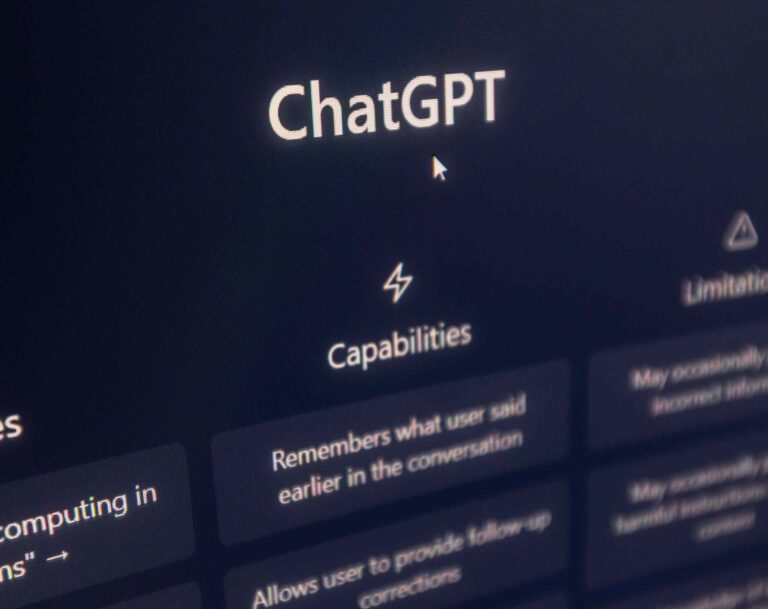The battle between Google and Microsoft in the field of artificial intelligence has intensified with the arrival of Bard, Google’s new chatbot and a direct competitor to the OpenAI-branded ChatGPT.
Although both are designed to answer users’ questions and requests as naturally as possible, there are significant differences between the two.
In this article, we will compare the two chatbots on five fronts, analyzing their capabilities and limitations in responding to user needs.
Table of Contents
ChatGPT vs Bard: ability to create and repair code
ChatGPT’s ability to create complex code and repair programs is one of its most striking features. In fact, this feature makes it particularly useful for software developers.
In particular, ChatGPT can create code from descriptive natural language, as if it were communicating with a human being. This means that developers can use it to automate some of their programming tasks.
In addition, ChatGPT can also debug code and repair programs that have errors. This feature is especially useful because it saves developers valuable time and resources, as AI can detect errors faster than humans could.
In contrast, Bard is still learning the code and the automatic program repair function is not yet available.
However, since Bard is based on Google’s large Language Model for Dialogue Applications (LaMDA) learning model, which promises to be updated with new information over time, it is possible that in the future Bard may also gain the ability to create code and repair programs.
ChatGPT vs Bard: who has more memory?
ChatGPT’s ability to remember previous conversations is one of its strengths, as it allows the chatbot to have a greater understanding of the context of subsequent conversations and provide more accurate and relevant responses.
However, this capability has a limitation. ChatGPT can only remember up to 3,000 words of previous conversations. This means that if a conversation becomes too long or too complex, ChatGPT may lose some of the context and provide less accurate answers.
On the other hand, Bard has a limited ability to remember previous conversations, but this is intentional. The company claims that Bard’s ability to remember will grow over time, to the extent that the chatbot will continue to learn and evolve.
Read also: Apprentice Bard vs ChatGPT: who will win the AI challenge?
ChatGPT vs. Bard: what sources do they draw from?
Bard’s ability to draw answers from the Internet is one of its main distinguishing features. Bard is integrated with Google’s search engine and can provide direct links to websites when requested.
However, this capability also has some limitations, for example, Bard may not be able to distinguish accurate information from incorrect or unverified information on the Internet.
ChatGPT works with the Generative Pre-training Transformer-4 (GPT-4) and all of its answers come from its knowledge base, built using a large corpus of texts, but its expiration date ends in September 2021.
ChatGPT vs Bard: differences in the ability to speak different languages
The ability of a chatbot to speak several languages is an important factor to consider when choosing a virtual assistant.
In this context, ChatGPT has a significant advantage over Bard in that it can speak several languages, including Spanish, French, Arabic, Mandarin, Italian, Japanese, and Korean, although the level of proficiency in responses varies depending on the language.
In contrast, Bard can only speak in English Thus making it less suitable for users who speak other languages. Or, who need answers in languages other than English.
However, it is important to note that a chatbot’s ability to speak several languages does not guarantee the quality of responses.
ChatGPT vs Bard: differences in creating different versions of responses
Here Bard has a significant advantage over ChatGPT in that it creates several versions of each answer, called “drafts,” that allow the user to choose the best answer.
In contrast, ChatGPT provides a single answer for each question, based on its pre-existing knowledge base. This solution may be adequate for simple questions or less complex conversations But may not be sufficient to provide accurate and detailed answers in more complex situations.
In summary, it is still early to declare a winner. ChatGPT has a distinct advantage because it was launched earlier and had more opportunities to receive feedback from users.
Read also: Chinese search giant Baidu unveils Ernie Bot, its alternative to ChatGPT












